Most of so called foreign policy is domestic policy by other means. For this reason I think Putin is reluctant to start a full scale invasion of Ukraine. During such a war professional military would get too much power and authority. Which might be Kremlin's biggest fear (🧵) 
Let's go a bit deeper in history. When Bolsheviks took power in 1917 they were constantly comparing themselves with English and French revolutionaries. As they new well, both English and French revolutions ended with military usurpations done by victorious revolutionary generals 
Thus Communists were wary of their own officers. E.g., Trotsky noticed a highly capable lieutenant of Red Army Blagonravov and told to Lenin:
'Such a lieutenant could make a new Napoleon. And his surname fits well: Blagonravov is a literal translation of the word Bonaparte'
'Such a lieutenant could make a new Napoleon. And his surname fits well: Blagonravov is a literal translation of the word Bonaparte'
'Lenin first laughed and then started thinking. Then said seriously and almost threateningly:
- Well, we'll overcome these Bonaparts, won't we?
- With God's help - responded Trotsky'
(Leon Trotsky. My life)
- Well, we'll overcome these Bonaparts, won't we?
- With God's help - responded Trotsky'
(Leon Trotsky. My life)
That probably explains why the victorious Red Army had so many commanders killed under mysterious circumstances. According to official narrative - by the enemy fire, but suspectedly - by assassins shooting at their back from the close range. Like Schors 
Or openly killed without any trial like the commander of the Second Cavalry Army - Mironov. As some researchers argue - this was personally ordered by Leon Trotsky 
At some point during the Civil War Lenin was discussing executing 100% of all the Red Army commanders including the Commander-in-Chief 
It would be wrong to assume that all of this was complete paranoia. For example, the commander of the 11th Red Army Sorokin indeed tried to raise a rebellion against the Soviet Power, arresting and executing a number of Communist commissars 
They built two layers of control to keep the army in line. First - by the Party, which was 'the leading and organising force', of the Soviet state 
Every army, regiment, batallion etc - had a Commander and a Commissar. Commander was a professional military. Commissar was a political appointee to keep Commander in check. To control him, arrest and execute if needed. Any order of a Commander had to be confirmed by the Comissar
Second - by the State Security. Their name evolved. First - Extraordinary Commission ЧК, Second - Main Political Bureau ГПУ, then People's Commisariat of Home Affairs НКВД, Ministry for State Security МГБ, Committee for State Security КГБ and finally Federal Security Service ФСБ 
Interestingly enough, also the State Security was proclaimed as the 'punishing sword of the Party' early Bolsheviks didn't hold it in high regard
When Lenin knew that Checkists in Odessa were harassing Turkish visitors, he responded
'The more Checklist scum we'll be able to execute on this occasion, the better'
Lenin considered Checkists as dirty criminal scum, also xenophobic which he didn't like at all
'The more Checklist scum we'll be able to execute on this occasion, the better'
Lenin considered Checkists as dirty criminal scum, also xenophobic which he didn't like at all
PS 'the more of X we're able to execute on this occasion the better' - is very typical for Lenin's style. It's more like - that's a good opportunity to deal with those we should have taught a lesson to much earlier
So the balance of power in the Soviet state was basically a Three-body problem. The Party. The State Security. The Army.
Stalin for a while reduced both three to submission by extreme violence
Stalin for a while reduced both three to submission by extreme violence

For example, during the Great Purge he executed 3 out 5 of Red Marshals, 15 out of 15 of Army Commanders, 4 out of 4 Navy Admirals, 58 out of 62 Corpse Commanders and so on. In 1937-1938 professional military were exterminated. Right before the WWII started 

After Stalin's death balance of power was renegotiated. The Party stroke back reducing other institutions into submission. State Security was prohibited to even think of investigating, collecting info, wiretap and so on nomenklatura. They couldn't indict nomenklatura with crimes
Just an illustration. Soviet Society was full of state security informators. And ofc many uni students were recruited. How can you trust your classmates then? One hint - nomenklatura kids are 100% not agents. State security isn't allowed to approach the families of Party bosses
So in 1953-1991 the Three-Body problem looked like this. State Security controlled the Army, while the Party controlled both. So State Security had resources, had capable officers, knew more than anyone else. But it was prohibited from doing anything by nomenklatura higher-ups 
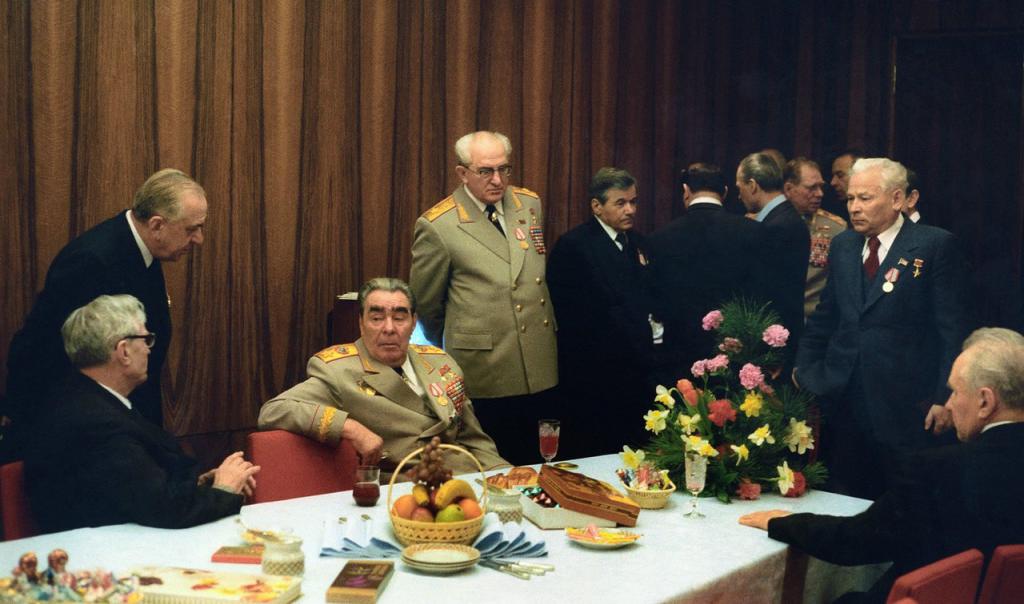
That explains a funny counterintuitive fact. Radical economic liberalisation of 1990s was largely planned in the Soviet era:
1) by economic institutes working under KGB patronage and funding
2) by individual economists coming from state security or intelligence families
1) by economic institutes working under KGB patronage and funding
2) by individual economists coming from state security or intelligence families

Consider Gaidar - the mastermind behind the market reforms and very bright guy. He was coming from Soviet patriciate. His dad was a Vice-Admiral (=naval intelligence). Their family lived on Cuba during the Caribbean crisis, constantly hanged out with Fidel Castro and Che Guevara 

Coming of age he became the editor of 'Communist' magazine - of the Central Committee of the Communist Party. Although formally a civilian economist, he was doing lots of industrial intelligence. And in 1990s he eagerly dismantled Soviet economic system
Paradoxically it may seem, the radical economic liberalisation of 1990s was developed within State Security. The Army couldn't because any independent thinkers there would be destroyed immediately. The Party wouldn't, cuz why would they? Nomenklatura wasn't interested in changes 

Counterintuitively it is, but in the late USSR, the KGB was the only real counter-elite. And most of social changes don't come from elites or from 'oppressed masses' - they come from counter-elites, who have power and resources, but are not really in charge 
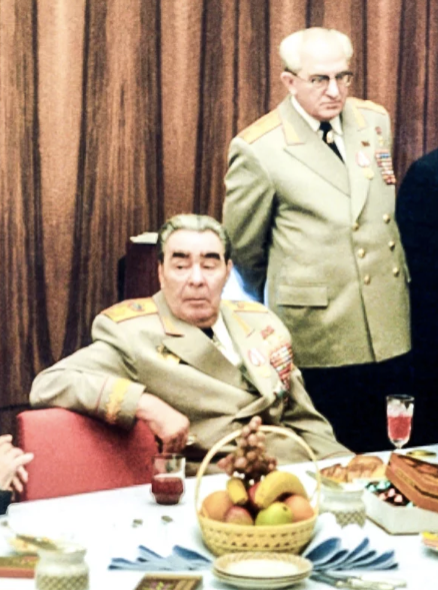
And then the Party collapses. I think that's the elephant in the room overlooked in many discussions on the USSR collapse. It's not that the Soviet Empire collapsed suddenly - it's that its 'leading and organising force', the Party was consumed by the internal strife 

That explains much of the chaos of the 1990s. Most of officials - CEOs of industrial plants, police chiefs, government staffers - suddenly broke free. Previously they were closely guided and controlled by the Party but now with no Party they got completely disoriented
State Security was demoralised, too. Consider a case when KGB special forces squad captured an Azeri prison to release Armenian militants. For that Moscow rewarded them with 200 roubles. They were shocked, devastated, didn't what to do
Hyperinflation turned them into beggars
Hyperinflation turned them into beggars

On the eve of 1990s virtually all the salaried professionals became beggars. They either got no salary at all, or got insultingly small ones. That includes the army, the police, the state security. There was only one single institution that always paid on time - the railways 

A typical situation for the 1990s - in small towns and in the countryside railway workers and staffers are the only ones with cash. Nobody else (including police) gets paid. Because they're unimportant. Railways are important because they're what's keeping the country together 

So with the country in crisis, the Party collapsing under its own weight and with State Security almost disfunctional, new Yeltsin's regime got extremely wary of the army. Yes, they're demoralised, too. But ultimately it's the only force in the country that presents a real threat 
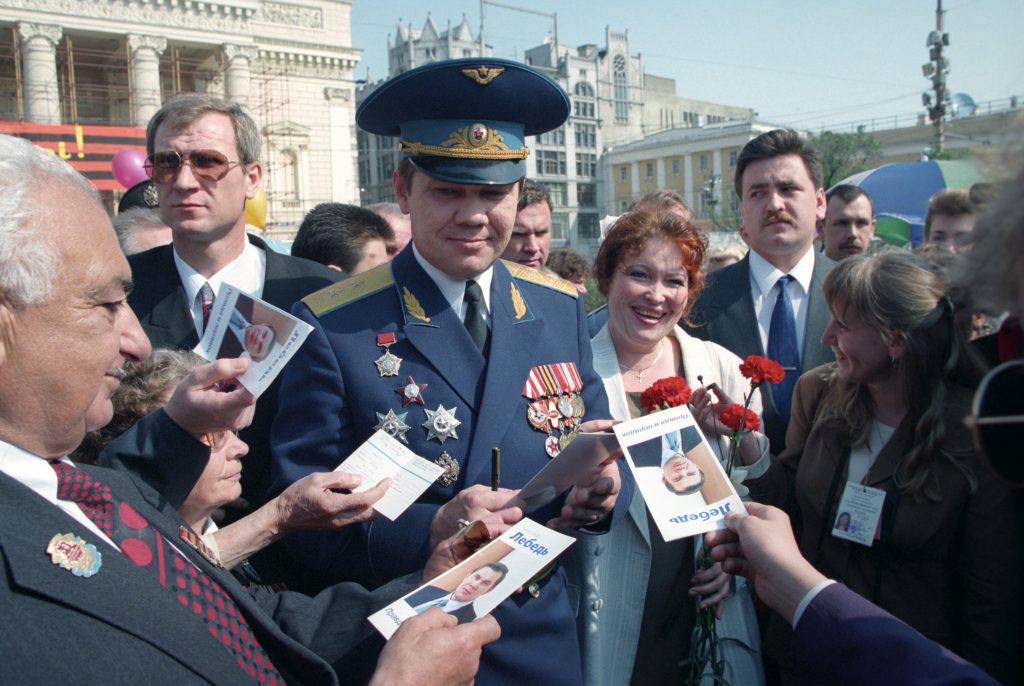
Consider general Rohlin. Fought in Afghanistan, in Georgia, in Chechnya. During the Chechen war he refused to grant medals and awards to troops, considering it a civil war on which no awards should be earned. When awarded as a Hero of Russia for his role, he refused that, too 

In 1997 he established a movement 'To support the Army, the military industry and the military science'. After that he was touring the country meeting with the military, governors, regular civilians and openly telling that the government should be 'removed'
That was the eve of default with pretty much nobody (including the army), getting paid, strikes blocking the infrastructure - including so necessary railways and the Yeltsin's rate of approval being 6% 
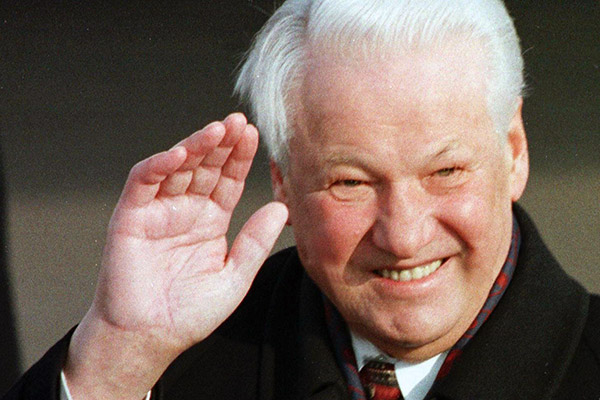
Reportedly Rohlin was preparing a military coup scheduled on July 20, 1998. On 3rd July, 1998 he was found shot in his country dacha. His wife was accused of murder and spent four years in prison. Some argue however, that the Kremlin eliminated him preventively 

Was he really preparing a coup? According to official narrative - no. According to others, including his own family and aides - yes. It seems that of all the military he went further than all, but generally speaking in the times of chaos the idea of military rule was in the air
What does the Rohlin's story teach us? First - that the military can pose a potential threat. Second - such a threat increases after the war. Even if the war is lost (like Russia lost the First Chechen War), individual generals can increase their status, power, get national fame
Power is the only resource that increases when you use it. During a war officers and men have to obey a general's commands quickly, unquestioningly, and without control from the center. That dramatically increases his personal power over his troops. Especially if they are winning
Let's look at this infographic with 'strange' deaths of Russian generals. When did they die mysteriously? In Yeltsin's era (blue timeline) - after the First Chechen War. In Putin's (orange timeline) - after the Second Chechen War, and then after the Georgian-Ukrainian-Syrian one 

The Chechen war happened in 1999-2000, and then we have a cluster of strange generals' deaths. One could assume it was a necessary cleansing operation after the war - the military got too proud and self-assured 

Since 2008 we have a constant supply of strange deaths' of generals. The war in Georgia, then in Syria. And then another strange spike in 2014. And what happened in 2014? Well, the war in Ukraine 
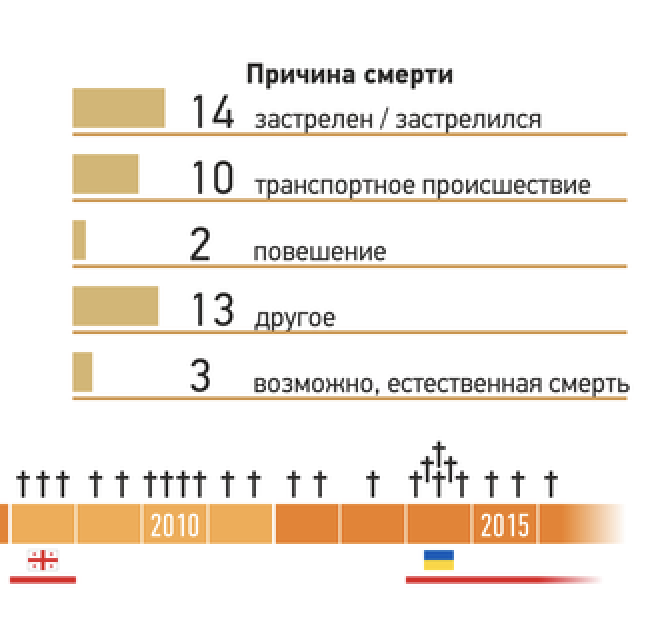
Let's some up. When foreign observers talk of the potential threats to the Putin's regime they usually imagine them like this. Civilians coming with a peaceful protest which makes Kremlin very, very afraid. I would say that's bullshit. The real issue is not controlling civilians 

The real issue is controlling the army. Because the army will always, ever and under any circumstances win over the unarmed civilians. The end of thread 

• • •
Missing some Tweet in this thread? You can try to
force a refresh







